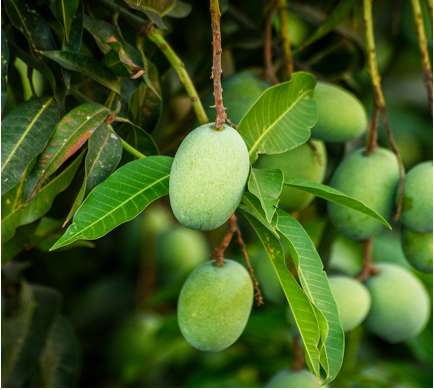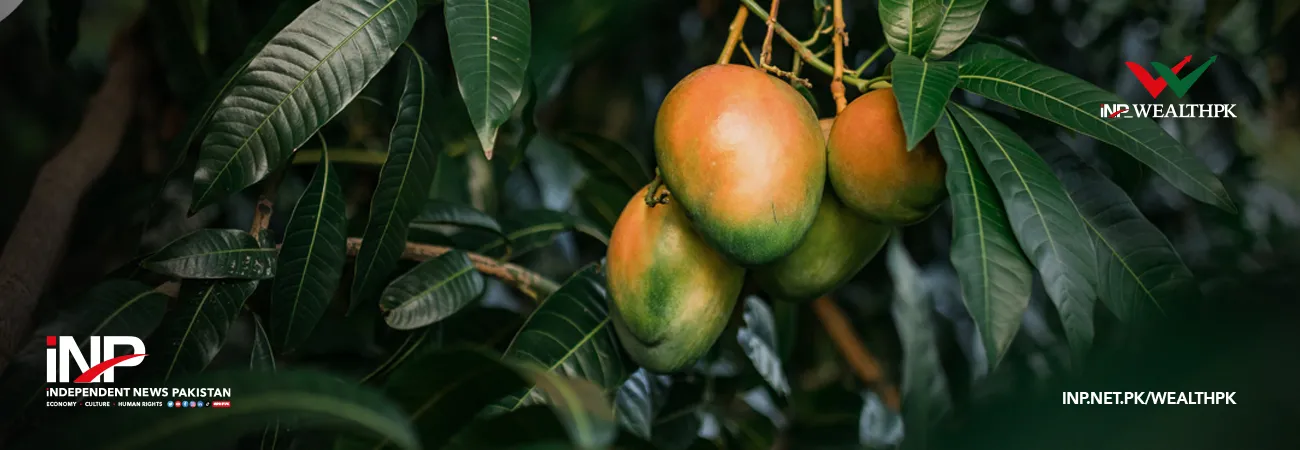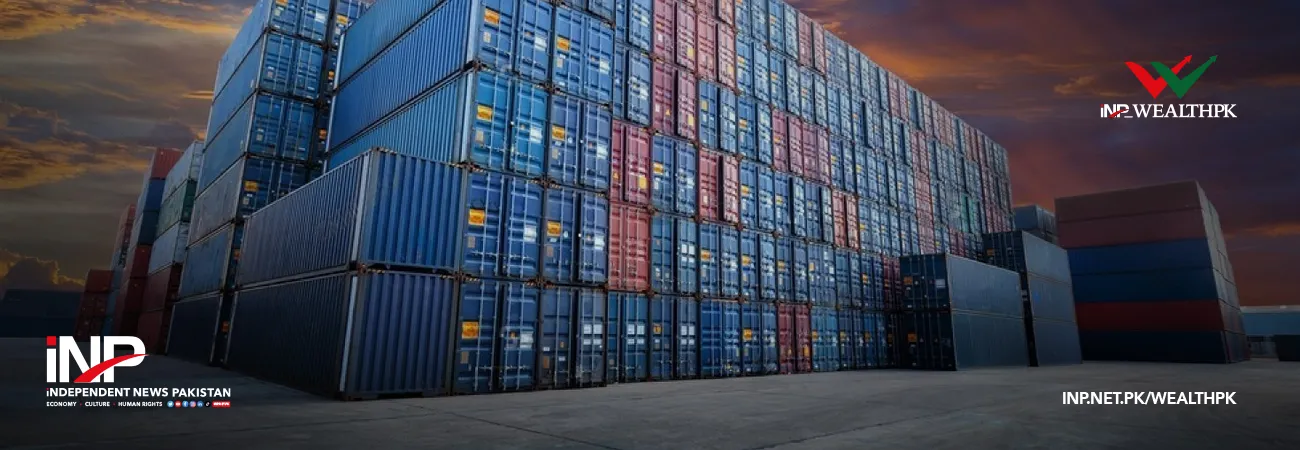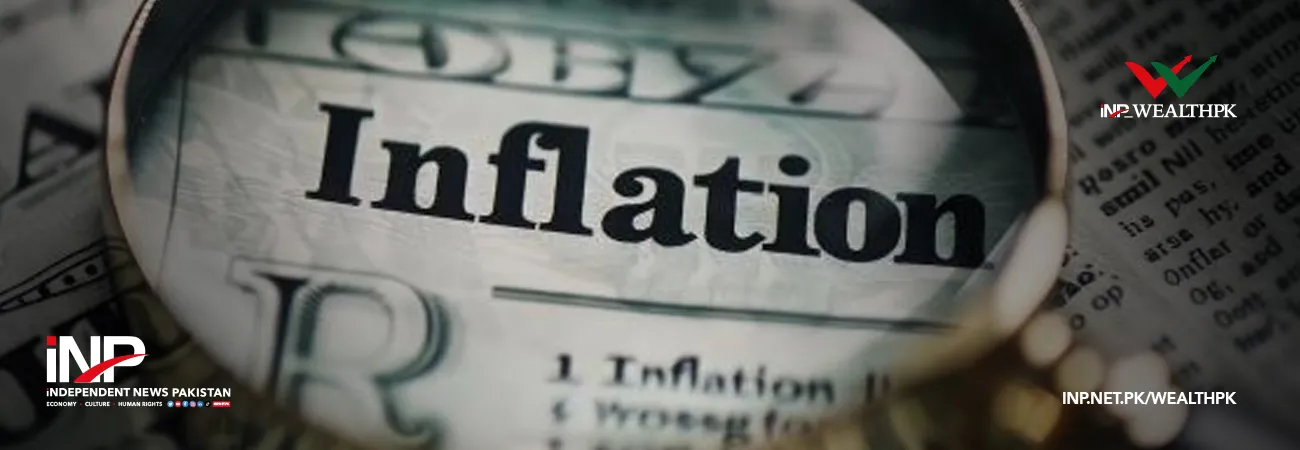INP-WealthPk
Azeem Ahmed Khan
The growers have cautioned that mango production is declining due to the lack of government support, rising input costs, and unpredictable weather.

Talking to WealthPK, Zafar Mahay, President of Mango Growers Association, Multan, said, “Our primary concern is the lack of support from the government.” There is no real government assistance – just loans are offered to the farmers. The government has failed to address the rising input costs of fertilizers, pesticides, and diesel, which are pushing the farmers into financial difficulties, he said.
Highlighting the impact of extreme weather, Mahay, who is also Vice President of the Mango Growers Cooperative Society, said in March 2022, unusually high temperatures up to 42-degree centigrade caused mango flowers to shed prematurely, significantly affecting the production.
In 2024, a prolonged winter affected the flowering process again. Adding to the challenges, last year’s heavy monsoon rains created stagnant water, preventing mango harvesting. “Because of the inability to harvest, the crop was attacked by fungus due to which the fruit could not be exported,” he explained. This year, Mahay said, there had been no rain since September, causing prolonged dry conditions.
“Lack of rain causes nitrogen deficiency in the plants. If the temperature rises above 30 degrees centigrade, the flowers shed, preventing fruit growth,” he said. Mahay also highlighted water scarcity, warning that the unchecked overuse of underground water could lead to severe shortages in Pakistan. “The farmers are using massive amounts of underground water due to the free of charge electricity generated by the solar systems.
We could face a water crisis in just 10 years,” he said. Mahay pointed to the growing trend of adopting the ultra-density mango plantations, which are more compact and easier to manage compared to the traditional trees. “These smaller trees are beneficial for exporting mangoes, as they produce more visually attractive mangoes and require less space,” he said. Harvesting is also easier, as the trees are smaller and the fruit can be bagged to protect it from the sun, fungus, and fruit flies, he added.
While the ultra-high-density trees are gaining traction, Mahay said there were technical challenges in keeping the smaller trees healthy. They need proper sunlight and air circulation to produce fruit, and are vulnerable to frost, he added. Meanwhile, Chief Executive of Multan Mango Growers Association Tariq Khan suggested that the State Bank of Pakistan, Ministry of Commerce, and the Trade Development Authority review their policies to ensure growth in the mango exports.
The government has also raised the farmers’ production cost by increasing the rates of electricity, fertilizers, pesticides and income tax, he added. “Our exports have been declining, as in the past we could export 5% to 6% of our crop, but now it is only about 4%,” he said, citing the rising input costs, including freight, and reduction in the mango production as the major contributors.
“The farmers face significant risks when exporting mangoes. If the yield does not fetch profit, why will we take the risk of exporting?” He also expressed the need for research to increase the per acre yield.
Credit: INP-WealthPk













